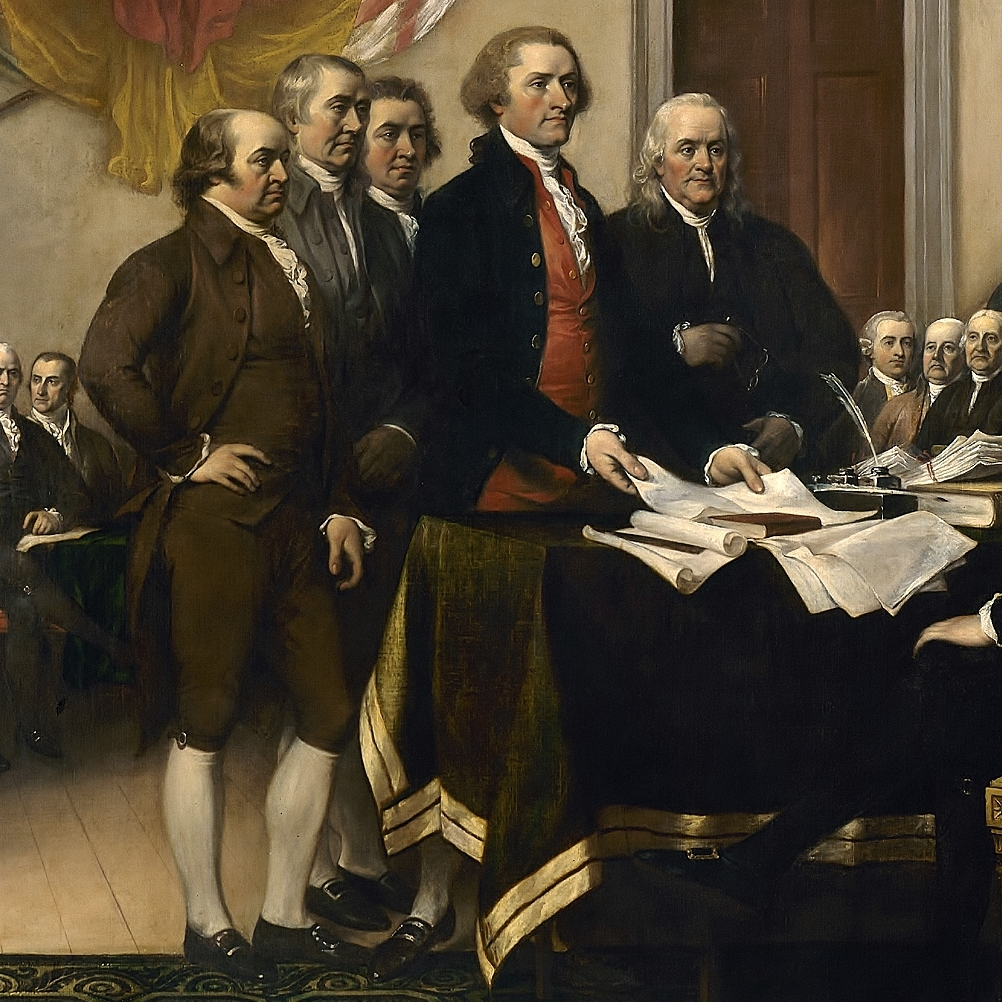Latest Blog Posts
To expand vaccine access in communities of color and to close vaccination disparity gaps, all levels of government must think outside the box.
The current coronavirus pandemic has created an inflection point. America has always struggled to balance its first principle—preservation of life—against the demands of economic interests.
As Congress edges closer to finding a resolution to ‘Surprise Medical Billing,’ it is important to remember how patients are the ones affected most by the unanticipated financial exposure that these bills can bring and which can have catastrophic consequences for families and communities, especially those living in rural and inner-city communities.
In his first draft of the Declaration of Independence, Thomas Jefferson wrote: “We hold these truths to be sacred & undeniable; that all men are created equal & independant, that from that equal creation they derive right inherent & inalienable, among which are the preservation of life, & liberty, & the pursuit of happiness; that to secure these ends, governments are instituted among men, deriving their just powers from the consent of the governed … .” In the final draft of the declaration, “the preservation of life” was shortened to “life,” but the founding principle that Jefferson articulated survived in that one word. Government is organized to conserve life, and the life of each individual is equal, inherent, and inalienable.
In my second post in this series, I postulated the existence of an equilibrium of conditions within whose boundaries human life has no predictable limit, and I suggested that the postulate was worthy of exploration. I am continuing that conversation in this post.
In 2017, Stephen Hawking, the late physicist, warned that humanity needs to escape Earth within the next few centuries to avoid extinction. Elon Musk’s company SpaceX is preparing to colonize Mars in the next six years. Jeff Bezos’ company Blue Origin is planning to support a colony on the moon where millions of humans will work and play.
Space may be our new frontier. If so, its exploration will require us to develop systems that structure our physical environment to support human life. Before then, we must learn how to design and control ecosystems to produce sustainable, healthy communities where human life has never before existed.
My introduction to this blog series last week prompted a few readers to ask what I mean by human sustainability. The fact of the question is an indicator of the unfamiliar. My answer expands their question to include: In what context is human sustainability achievable? Besides giving my answers to these questions, I hope to give discussions about sustainability a commonplace in our public discourse.
About a decade ago, a conversation with an old friend, Robert Goldberg, raised some questions that have stayed with me: Is human sustainability possible? What is sustainability? Is it practical to even contemplate human sustainability? Over the years, that conversation shaped my work at the National Minority Quality Forum. …
-
On July 19 at 12pm ET, our President and CEO, Dr. Gary A. Puckrein, Ph.D., will join @PioneerBoston and… https://t.co/JZquCCpiKu
-
Stop the spread of misinformation and follow the #COVIDForecast! See and share the #vaccine uptake and hesitancy in… https://t.co/BxUstGgu3U
-
RT @AmerMedicalAssn: In this podcast from @NMQF, experts share how to address #COVID19 vaccine concerns from equitable distribution and… https://t.co/iedGVfjtke
-
RT @SuePeschin: REGISTER NOW! @PioneerBoston @PacificResearch webinar to explore the impact of ICER-style policies on access, equit… https://t.co/ftAR6nIMVO
-
Representation in research matters. You can help. Take an anonymous patient survey about your thoughts on… https://t.co/VpBd3MW8Jt
-
RT @NIMHD: July is National Minority Mental Health Awareness Month. @AHRQNews reports that racial/ethnic minority groups in th… https://t.co/wKIctVw6pB
-
RT @DrJustinMTurner: Discussing Delta variant on @WLBT and our current situation in Mississippi. Representing @JacksonStateU and appreci… https://t.co/Gmy4wtsPQs


























In the last installment of this blog, I discussed the Founding Fathers’ understanding that governments are constituted primarily to preserve life, liberty, and the pursuit of happiness. In this post I call attention to a 2009 letter written by Douglas W. Elmendorf, director of the Congressional Budget Office, that illustrates how violations of the prime directive to preserve life have been normalized in current public policy.